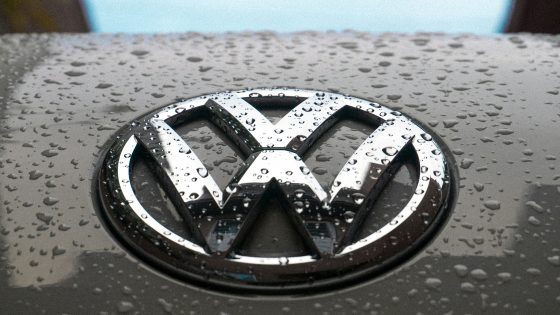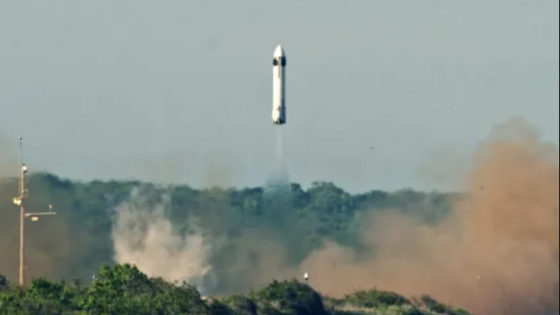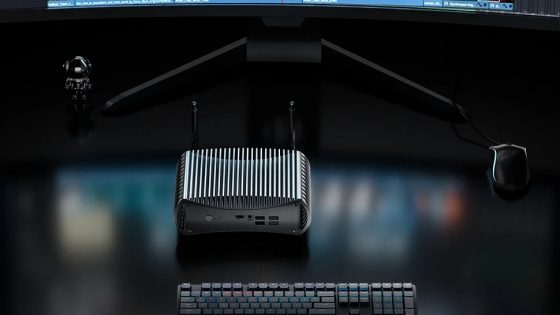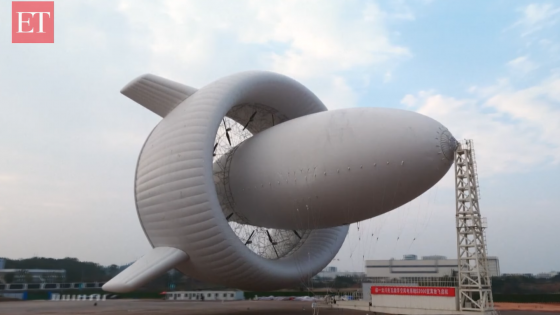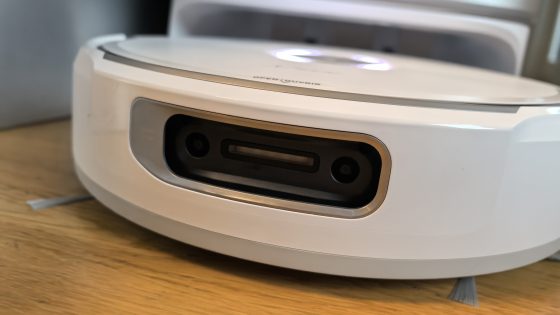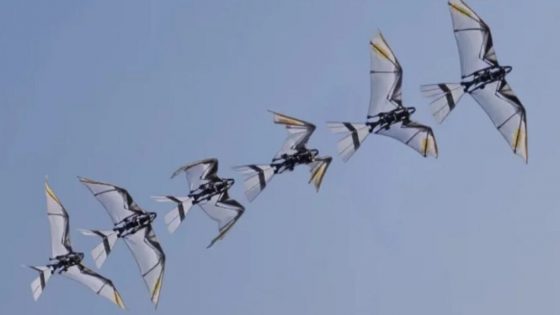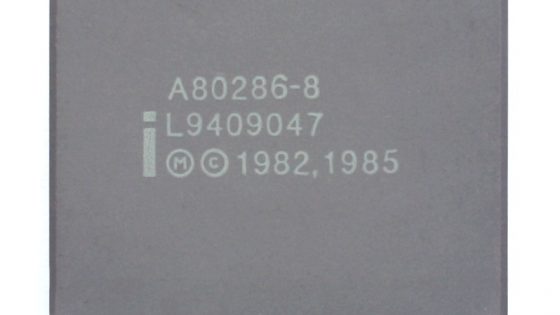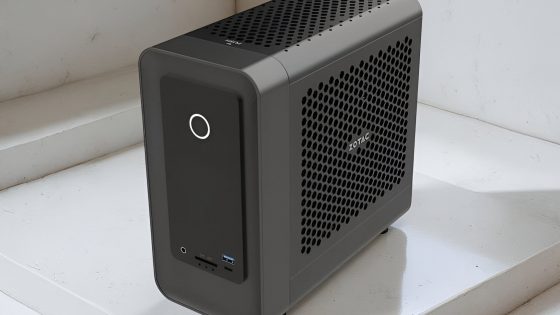Daihatsu stopped production due to falsification of safety tests
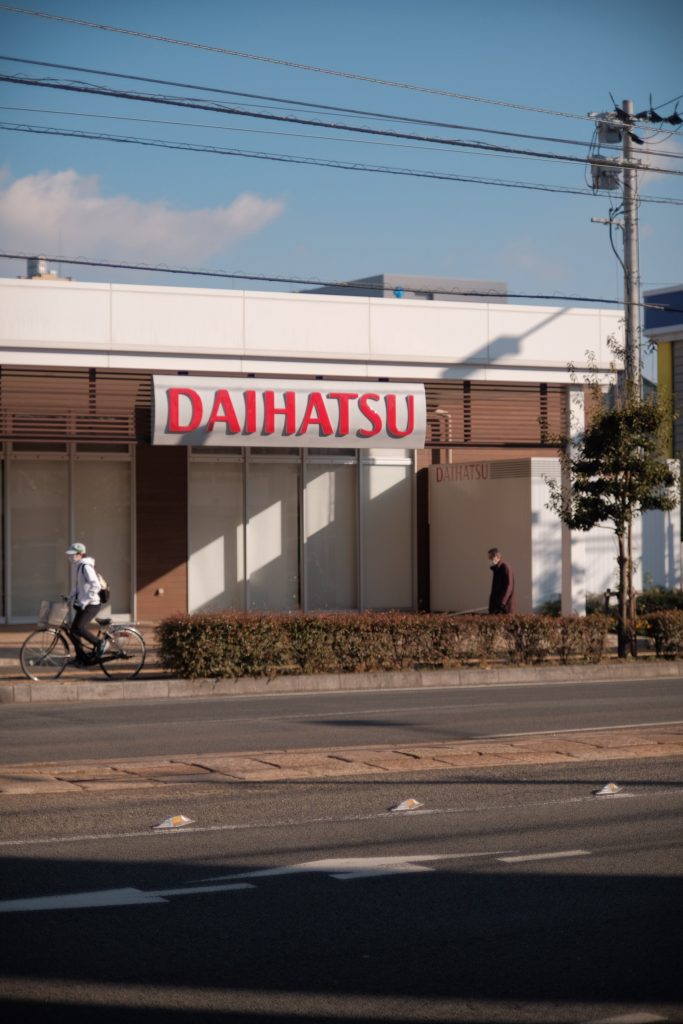
From now on, Toyota will have a very ugly black dot in its file thanks to the manufacturer Daihatsu, which has been owned by the Japanese manufacturer for a long time.
Daihatsu is not overly popular in Slovenia and in Europe in general. In 2022, slightly more than a million copies were sold worldwide. The numbers weren't encouraging anyway, and recent findings that they cheated on security tests don't do them any favors either.
Production has been halted at all four Japanese factories, including the headquarters in Osaka, since Tuesday. The suspension will last at least until the end of January. 9,000 employees are at risk, their fate is currently unknown.
Toyota has responded, saying the scandal has "shaken the foundations of the company." Last week, Daihatsu announced that an independent commission had found evidence of rigged safety tests on as many as 64 vehicle models, including those sold under the Toyota brand. . Therefore, Daihatsu announced that it will temporarily stop all domestic and international shipments of vehicles and consult with the authorities on how to proceed.
This is the second scandal involving Toyota this year. In April, Daihatsu was found to have breached crash test standards on more than 88,000 cars, including Toyota models, in Malaysia and Thailand.
At the time, they said in a statement that "the inner lining of the front doors was improperly modified in some inspections." The Daihatsu also failed to meet the prescribed requirements in some side crash tests. In May, the automaker said it had uncovered more irregularities, revealing that it had submitted incorrect data for crash tests on two hybrid electric vehicles. The company announced at the time that it had stopped supplying and selling these models.
The latest investigation further threatens the company's reputation. A report released by the investigative committee last Wednesday found another 174 cases in which Daihatsu manipulated data, made false statements or improperly tampered with vehicles to pass safety certification tests.
The first such case was found way back in 1989, and since 2014 the number of cases has only increased. Toyota shares fell 4 % last Thursday in Tokyo on the news, but the company has recovered somewhat in recent days.
The Japanese giant has vowed to transform its subsidiary, saying in a statement last week that "a thorough reform is needed to revitalize Daihatsu." That won't happen overnight, they said, and the project will take a long time, perhaps even for several years.
Toyota is aware that it cannot afford another scandal. Although the culprit is the subsidiary company, every action of their subsidiaries affects the parent company, good or bad. The victim in all this is Toyota's reputation and all the employees who will bear the brunt of the consequences in the worst case scenario.





